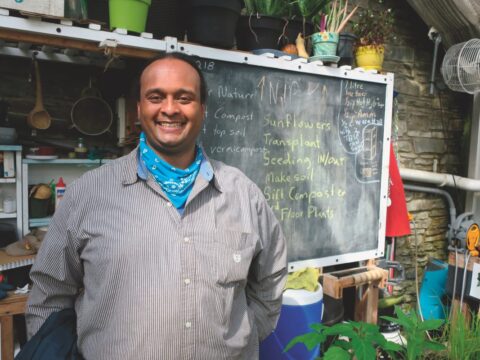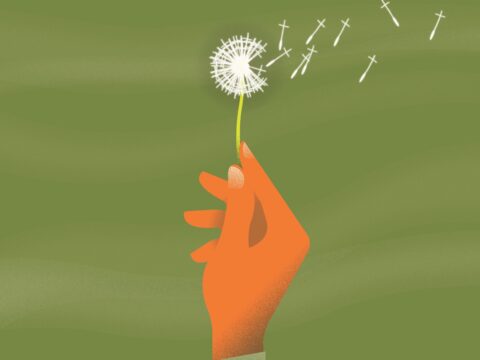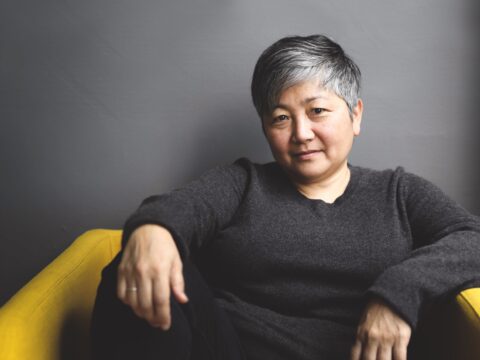Think of the big social justice movements in the past decade — LGBTQ2 rights, the demands for action on missing and murdered Indigenous women and girls, #MeToo, Black Lives Matter. The word “no” is at the heart of all pushes for change. No to racism, no to sexism and no to hatred. Seemingly obvious things to reject, and yet, to be heard, they needed a choir of global voices calling no.
On an individual level, it is hard to say no and even more difficult to hear it. We demand explanations like “Are you on a diet?” when someone declines a treat, or “Are you driving?” when someone refuses a cocktail. We all struggle with rejection, but society continues to uphold gendered differences in how we deliver and receive the word “no.”
You may unsubscribe from any of our newsletters at any time.
Women are pressured by social conditioning to be people-pleasers, selfless nurturers who don’t hurt feelings. Even strong feminist women (including me) occasionally hesitate to say no without a “good reason” for fear of being branded difficult or disagreeable. A “difficult woman” seems to be one who unapologetically stands up for herself and says no in a workplace, in society or even at home.
More on Broadview:
- Christianity has no patience for my chronic ailments
- From the archives: Sister Helen Prejean on the fight to abolish the death penalty
- Why are American men are more likely to identify as non-religious than women?
Ruth Bader Ginsburg was famous for saying no with “I dissent,” but needed to smash monumental obstacles for her dissension to earn societal respect. Not all women can conquer huge barriers to become Supreme Court judges, particularly those who are Black, Indigenous or women of colour or who don’t hold financial privilege. Our patriarchal world leaves women battling for their no to have clout. Just look at how long and how hard the fight for female sexual autonomy has been.
Humanity hasn’t learned to accept a woman saying no without denigrating her. Even female heroes who are famous for their steadfast refusal — women such as Rosa Parks and Malala Yousafzai — suffered negative consequences.
Women are rarely applauded for saying no, despite many articles and books offering instruction on how to do so. There remains a curious vacancy of tutelage, however, on how to graciously receive a negative answer.
Mental health gurus urge women to say no as a component of self-care, yet society punishes them for doing so. Women who say no at work are considered hard to deal with; they’re celebrated as powerful or team players only when achieving career goals while maintaining domestic responsibilities. Nice caregivers don’t say no; those who do are deemed selfish or lazy. Worse, women are called strong only if they manage to ignore the guilt they are raised to feel for saying no. We cannot continue this way.
Coaching women on how to say no isn’t the solution. The greater need is learning to gracefully accept a woman’s dissent without obvious or subtle recrimination. It’s long overdue for the word “no” to be free of its inherent gender discrimination.
***
Jackie Gillard is a freelance writer in Ajax, Ont.
This column first appeared in Broadview’s April/May 2021 issue with the title “‘No’ is not gender neutral.”














Women (like a lot of men) first need to “earn” respect.
If you feel people do not have a respect for you, you need to figure out how to best earn it without force, or pity party.
I guarantee, you will be able to always say “No” if you first have respect from others. BTW if you have no respect for men, why do you ask for respect in return?
Rosa Parks and Malala Yousafzai — suffered negative consequences to earn respect.
I think of Moses, King David, and Christ, they needed to earn their respect and suffered negative consequences to earn it.
It is time we said no to BLM Inc.and Antifa. Its time we said no to ‘defund the police”. Its time we said no to the ideology of identity politics. Its time we said no to critical race theory which is a racist ideology. This magazine ought to be publishing the opinions of black intellectuals both male and female who are in disagreement with this opinion piece. Its time for balanced journalism from this magazine.